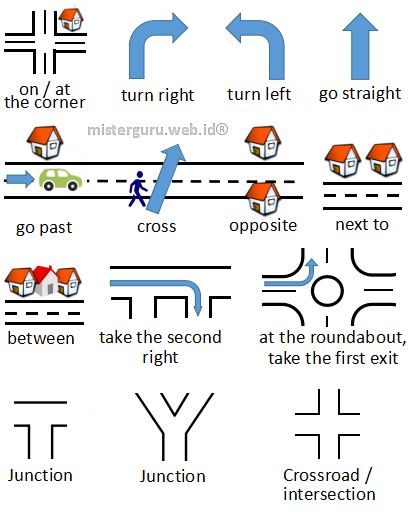A. Useful Expressions
Receiving a call- Hello / good morning / good afternoon.
- Good morning, ...(your institution)....
- Hello. Dea speaking.
- Yes, can I help you?
- Oh, hi! It's been a long time. How are you?
Starting a call (caller)- Hello / good morning / good afternoon.
- May I speak to ...(someone)..., please?
- Could I speak to ...(someone)..., please?
- I'd like to speak to ...(someone)....
Telling identity- This is ...(your name)... speaking.
- ...(your name)... speaking.
- I'm calling on behalf of ...(company)....
- ...(someone)... told me to contact you.
Asking identity- Who's calling, please?
- Who's speaking?
- May I have your name?
- Who am I speaking to?
- Is that ...(someone)...?
- Can I ask who’s calling?
Note:We don’t use
"Are you ...?"to find out who is on the other end of the phone.
We can ask
"Is that Anne?", not
"Are you Anne?"Asking to wait- Hold the line, please.
- Could you hold on?
- Just a moment, please.
- Please wait a minute.
Connecting- The line is free now. I'll put you through.
- Thank you for holding.
Giving information- I'm sorry. He/she is not available at the moment.
- I'm afraid the line is engaged. Could you call back later?
- I'm afraid he's still in a meeting.
- I'm sorry. He's out of the office today.
- I'm sorry. There's nobody here by that name.
- Sorry. I think you have dialled the wrong number.
Leaving a message- I'd like to leave a message.
- Please tell him that I will meet him next week.
- Please tell him that I called.
- That's alright. I'll call back later.
- Yes. Please tell him to contact me.
Taking a message- Would you like to leave a message?
- Do you have a message?
- May I take a message?
- May I have your number?
- Let me repeat your message. ...(repeat the message and confirm the details, e.g. place, time, telephone number, etc.)
Asking to repeat- I'm sorry. Could you speak up, please?
- Could you repeat that, please?
- I'm afraid I can't hear you.
- I'm sorry. I didn't catch that. Come again?
- I beg your pardon. The line is very bad.
Closing a callB. Example Dialogues
Dialogue 1
Dave phones Vicki’s number to see if Nigel’s there.
DAVE: Hello, could I speak to Vicki?
VICKI: Speaking.
DAVE: Oh, hello Vicki – I didn’t recognise your voice. It’s Dave.
VICKI: Hi, Dave. How’s things?
DAVE: Not bad, thanks. Listen, I don’t suppose Nigel’s there, is he?
VICKI: No – but I’m expecting him round later on.
DAVE: OK – could you get him to ring me back?
VICKI: Of course. Can you give me your number?
DAVE: I think he’s got it, but let me give you it now just in case.
VICKI: Hang on – let me get a pen . . . OK.
DAVE: Six-seven-nine-oh-four-oh-four. Got that?
VICKI: Got it!
Dialogue 2
Julie’s phone rings, and she answers.
JULIE: 247649.
TERRY: Ah, hello. Could I speak to Jim, please?
JULIE: Jim?
TERRY: Yes, Jim Fife. Is he there?
JULIE: I’m afraid there isn’t anyone here by that name. Who am I speaking to?
TERRY: This is Terry Smith. Isn’t that Marilyn’s house?
JULIE: No – you’ve got the wrong number.
TERRY: Ah – I’m sorry.
JULIE: Quite all right.
Dialogue 3
Cynthia phones to speak to Bob at work. But she gets through to his secretary.
CYNTHIA: Hello, it’s Cynthia Palmer here. Can I speak to Bob Watford please?
SECRETARY: Hold on, I’ll see if he’s available .... Hello? I’m afraid Mr Watford’s in a meeting at the moment. Would you like to leave a message?
CYNTHIA: Yes – could you ask him to get back to me as soon as possible?
SECRETARY: Yes – has he got your number?
CYNTHIA: Yes, he has.
SECRETARY: Fine – I’ll make sure he calls you as soon as he gets out of the meeting.
CYNTHIA: Thanks.
Source: Colloquial English: A Course for Non-Native Speakers by Gareth King










